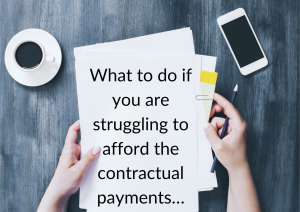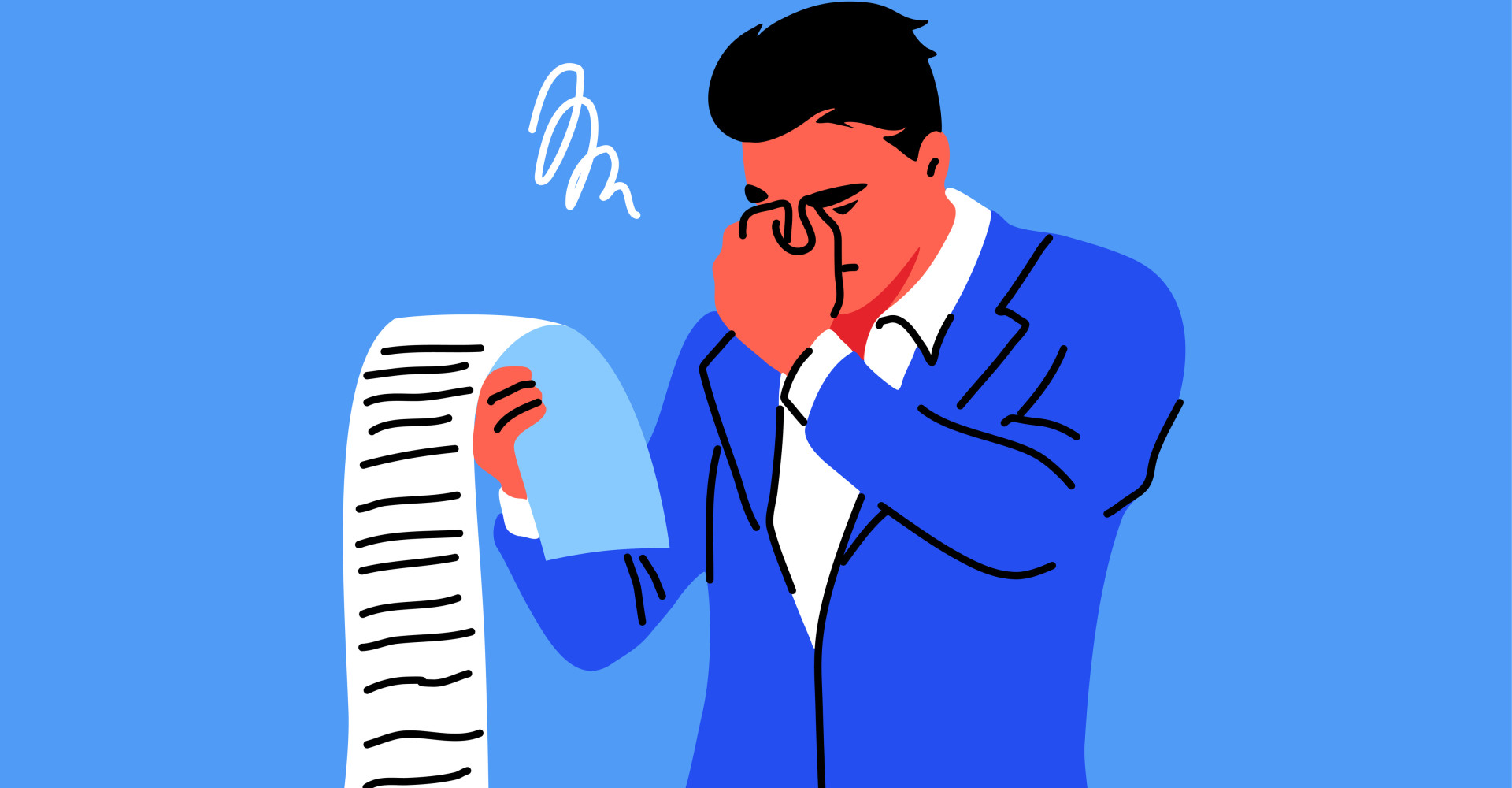This article is for you if…
- You’ve made an Unaffordable Lending claim against your lender and you’re waiting to see if you’re going to win your claim; and
- You’re struggling to keep up with the repayments on the borrowing you’ve complained about – whilst you’re waiting for an answer on your claim.
Some customers make an Unaffordable Lending claim about an account which has already been closed – in which case they do not have to worry about keeping up with the repayments anymore.
But if your credit facility (that you’re making a claim about) still has an outstanding balance, you will need to continue with the contractual payments. It can be hard to predict what will happen with your claim, and it may be the case that you get the money you are paying back. These are the main possible outcomes…
Your Unaffordable Lending claim is not upheld
In this situation, your contractual repayments would have to continue on as normal anyway – and your lender would keep all the repayments you have made until the balance is cleared.
Your Unaffordable Lending claim is upheld
In this situation, you would usually get your interest and charges refunded. But you would still be expected to pay back the actual money you borrowed (the money borrowed is sometimes referred to as the ‘principal’ balance or the ‘capital’ balance).
Sometimes the refund of interest and charges will be more than the remaining principal balance, which would mean that you would get a cash refund back. Or, you may still end up with a principal balance to repay to your lender – even after the interest has been removed and refunded.

When a lender receives an Unaffordable Lending claim, it does not have to immediately put a payment freeze on your account – so you may need to ask for this, if you are finding the repayments difficult.
If you do ask for your account to be ‘frozen’ whilst your Unaffordable Lending claim is being investigated, make sure you are clear on what you are asking for and what is going to happen. This is because a lender might agree to put a hold on any new charges or collections contact – but still expect you to make your contractual payments in full:
“Whilst your complaint is investigated, we will be placing your account on hold until we have issued our final response; this means you will receive no collections contact from us during this time, nor will you incur any late payment charges while we investigate. Throughout this period we recommend you maintain your monthly instalments so your account remains up to date, as any outstanding arrears will be required after we issue a final response, unless no further payments are required by this stage.” https://www.financial-ombudsman.org.uk/decision/DRN8592046.pdf
In this situation, you would still need to maintain the contractual payments that you are struggling with, so you may want to ask your lender to reduce your payments – to make it more affordable.
“When a customer is in financial difficulties lenders are required to respond positively and sympathetically. I consider by agreeing to a reduced repayment plan in September 2005 Firstplus did respond positively and sympathetically. But when Mr R failed to return to making the original monthly payments it should have looked at Mr R’s financial situation again.” https://www.financial-ombudsman.org.uk/decision/DRN5020924.pdf
So, whilst there are no hard and fast rules about what a lender must do in this situation, your lender does need to be positive and sympathetic to your request to reduce your payments.
Your lender may ask you to complete an ‘income and expenditure’ form to help work out what you can afford to pay each month. This is a reasonable request and it is worth completing the form if you are asked to. If an affordable payment plan can be agreed, it could even continue after your claim has been investigated.
If you are open and honest about your financial struggles, then you may well find that your lender is able to offer an arrangement which works for you.
Finally, if your Unaffordable Lending claim were to go to the Financial Ombudsman Service for investigation, then there is still no guarantee that a total freeze would be placed on the contractual payments. This is because the Financial Ombudsman Service needs to remain fair and impartial – and not take sides between you and your lender:
“Lenders generally do put recovery action on hold whilst we look at a complaint, but they don’t have to and we can’t force them to. For the Financial Ombudsman Service to have that power would seriously undermine our impartiality between the parties to a complaint. It would also create the potential risk of consumers abusing our service by making complaints with the intention to obstruct businesses that were trying to take legitimate action to recover money owed to them.” https://www.financial-ombudsman.org.uk/decision/DRN4415393.pdf








